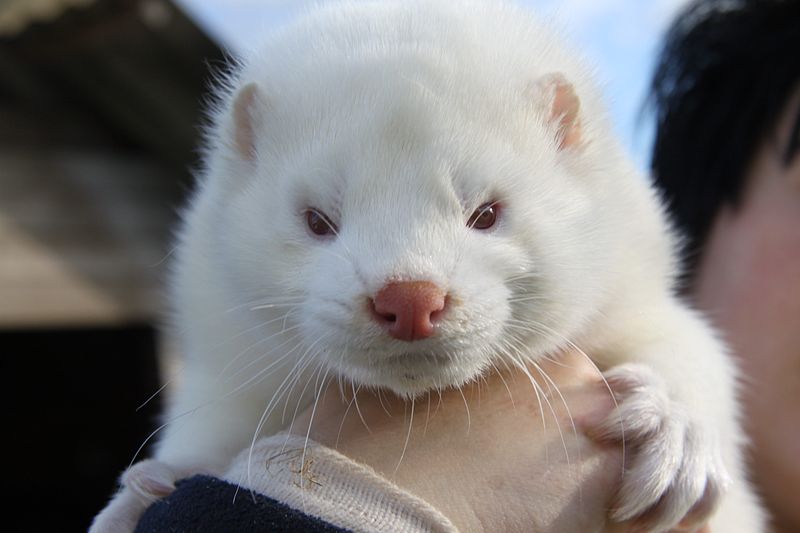The COVID-19 vaccine isn’t only for humans; mink and other animals may need it as well
Mink are particularly susceptible to severe side effects caused by COVID-19.
January 29, 2021
As the coronavirus continues to rapidly infect humans around the world, another species is also in danger: mink. Large numbers of mink have fallen ill and died from the coronavirus, prompting pharmaceutical companies to start testing vaccines on these animals.
But how did the situation get so bad? As a member of the weasel family, mink are particularly susceptible to COVID-19. The crowded conditions on mink farms only exacerbate the spread of the virus and increase the animals’ exposure to it. The most serious outbreak occurred in Denmark last fall, which eventually forced the country to order the slaughter of all 17 million mink. Dead mink were not allowed to be used for fur trade, dealing a massive blow to the industry since Denmark usually sells up to 17 million pelts per year. Meanwhile at the smaller farms in the United States, thousands of mink are also suffering from the coronavirus. There have been no orders to kill mink populations so far, but the issue is currently being dealt with by quarantining farms.
Scientists have major concerns about how this will affect public health. Mink are the only nonhuman animals that are known to become extremely sick and die from COVID-19, and they are also the only animals that have received the virus from humans and then transmitted it back. In Utah, farmed mink infected with coronavirus have somehow passed it to wild mink, raising worries about whether the disease could find a home and multiply rapidly in wild animals. These potential reservoirs of coronavirus have the potential to re-emerge in mutated forms and re-infect humans at any time.
Shortly after receiving news of the mink infections, pharmaceutical companies such as Zoetis in New Jersey went to the U.S. Agriculture Department and received permission to start COVID-19 vaccine testing on mink. They had already been in the process of developing a vaccine for dogs and cats after hearing that a pet dog in Hong Kong had tested positive for COVID-19. However, there is no need to worry if you have a pet, because unlike mink, dogs and cats with coronavirus tend to suffer very few serious side effects. Still, it’s best to take measures to prevent your pet from getting sick in the first place, which can be done by protecting them the same way you would protect other family members. The Centers for Disease Control and Prevention recommends that pet owners limit their pet’s interactions with people outside their household and stop them from roaming freely outside. By following COVID-19 guidelines and practicing proper hygiene, you can keep you and your pets safe and healthy.







